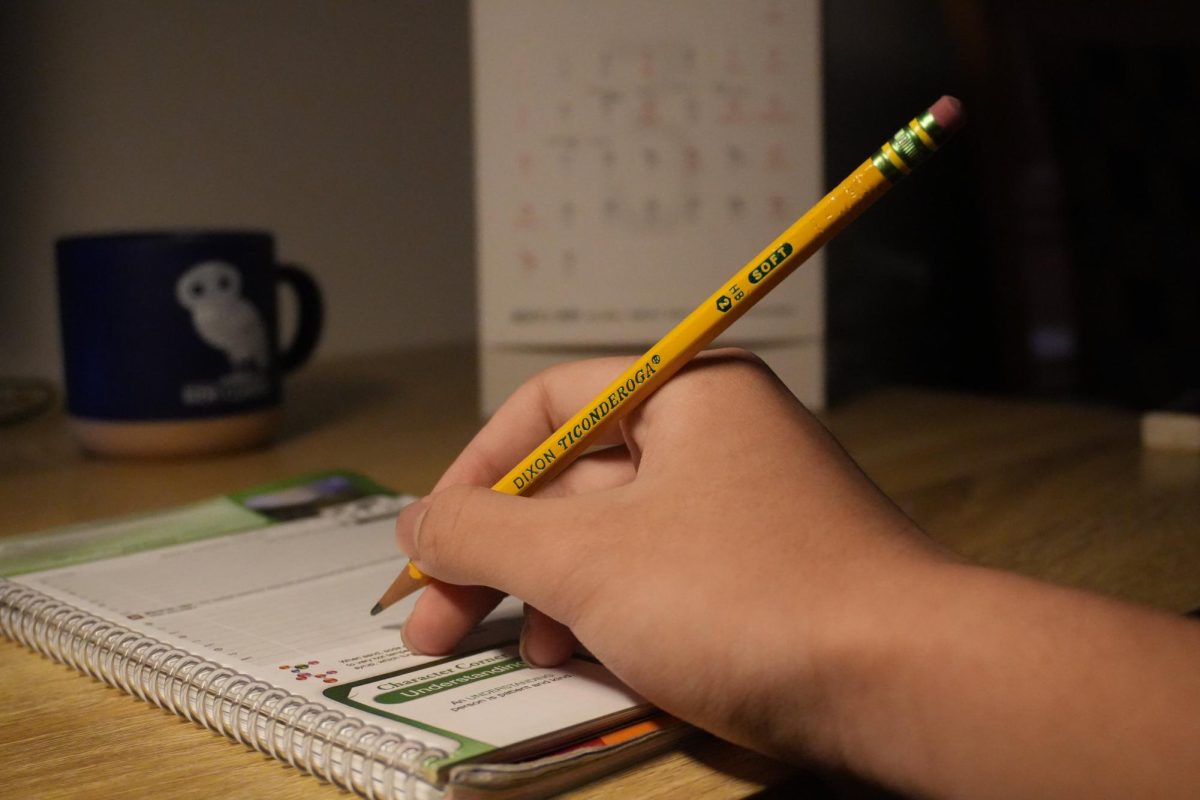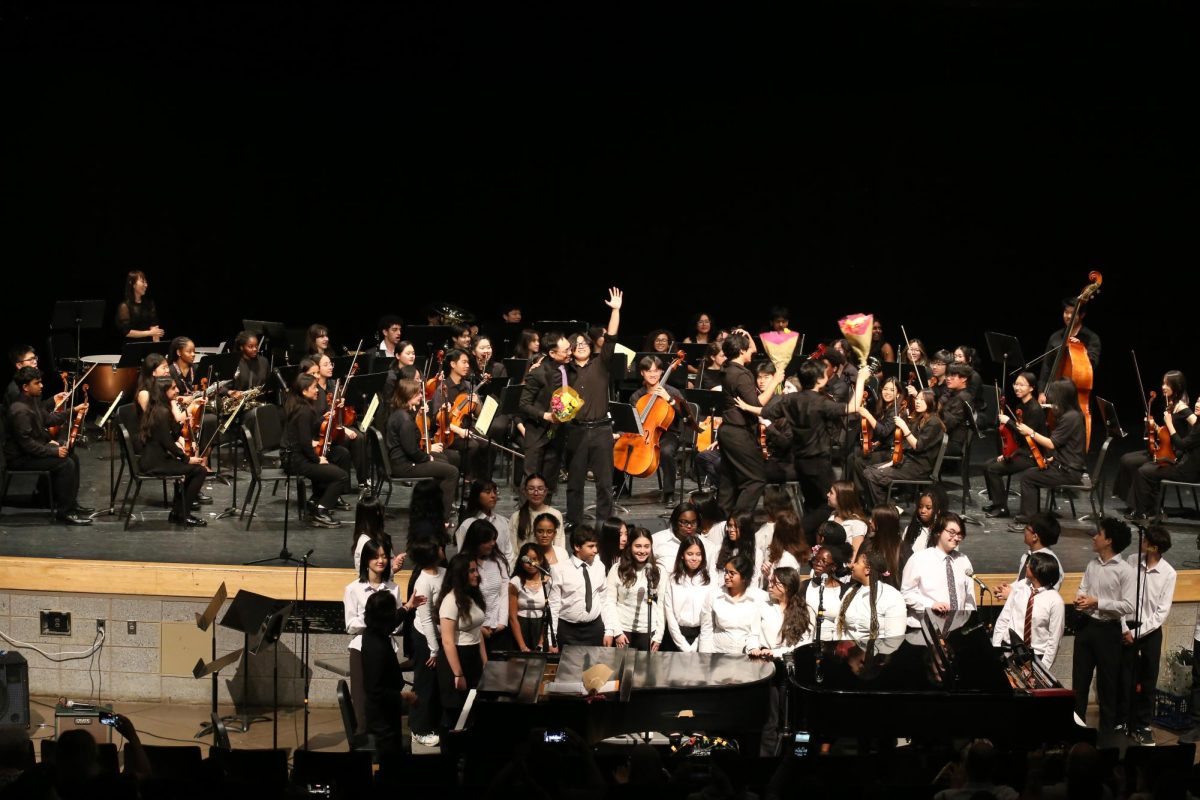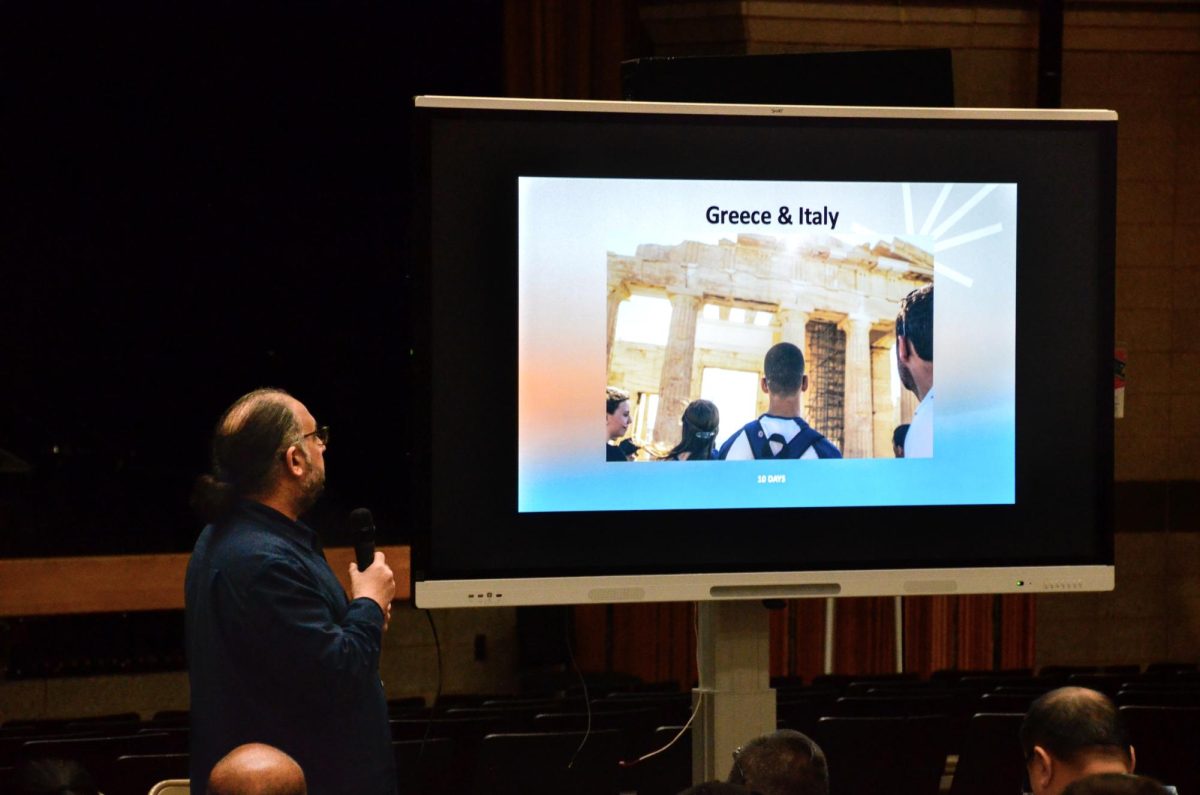
Recently, a new morning entry policy requires all students entering school late to have their Townsend Harris ID scanned into a system. Though the data serves multiple purposes, it compiles data on repeated lateness that can lead to students receiving detention.
According to dean Ian Morzan, the new scan-in policy compiles data on student lateness in order to keep a record of student arrivals. “What we’re doing is just collecting the data on students that arrive at school past a particular point,” he said. “We have the responsibility of knowing where our students are and [of] being able to be accountable.”
On its own, the policy is not necessarily punitive, but the data can factor into disciplinary decisions, Mr. Morzan said. He also said that the deans take into account multiple infractions (typically a “three strike rule”) before issuing a detention slip, and students receive the reason they are getting detention on the slip, and deans contact parents to tell them as well.
“Every circumstance is unique,” he said. “We try to be considerate of each student, but typically, if a student is assessed for detention…it’s not an accident.”
Students serve detention after school and use the time to complete assignments for their classes. Detention does not appear on a student’s permanent record.
According to the deans, the day ID scanners were introduced, 350 students were late to school. The next day, those numbers dropped to slightly above 100.
Many students expressed to The Classic that they were not in support of the new system.
Junior Mohammad Shahade said, “I feel like [the scanners] are a waste of time in the mornings when I could use that time it takes to wait in line and scan my ID to actually get to class.”
Other students said that they believed lateness to school should not lead to detention, and that it should only be reserved for students who repeatedly and flagrantly defy rules.
Senior Eduardo Rodriguez said, “Detention seems to keep students under pressure to arrive at class at a reasonable time. However, having my ID scanned inconveniences me, so I often bypass that by entering through the Queens College entrance.”
Disciplinary practices have changed greatly in recent years, with the demerits system that was the hallmark of the school now largely phased out.
THHS Social Studies teacher and Class of 2010 alumni Frank Spitaleri recounted his experience with discipline practices during his time as a student. “It could be scary here,” he said. “Demerits were given out very, very freely. A friend of mine had so many demerits under her account, I mean hundreds, it was absurd… if you had a certain amount of demerits, you were barred from participating in school activities.”
Mr. Morzan said that demerits were given out freely in the past, and the new system intends to study patterns of behavior and involve parents more in the communication of disciplinary issues. “Detention is not ‘one strike and you’re out,’ it’s ‘we’ve seen this pattern and this is just the first step,” he said.
Additional reporting by Adam Gosine and Anton Rud.




























